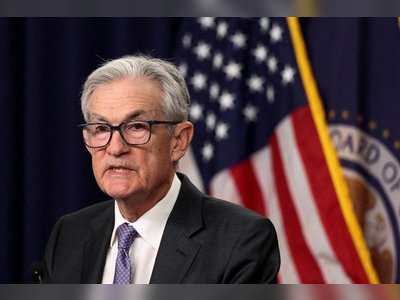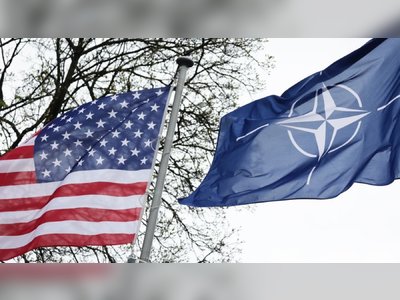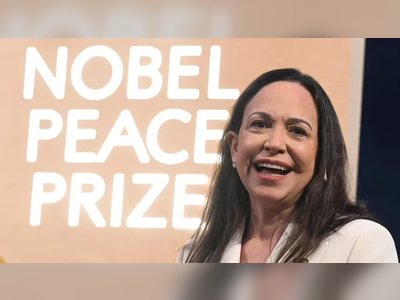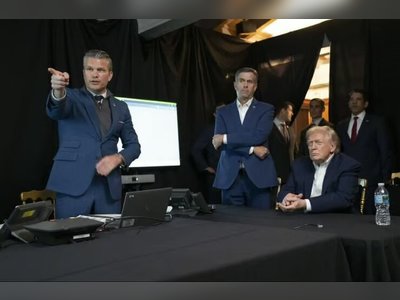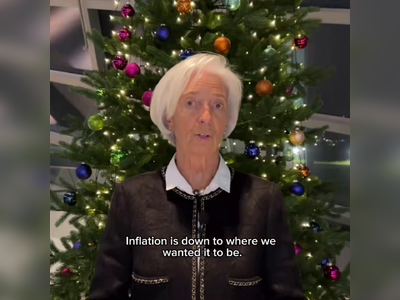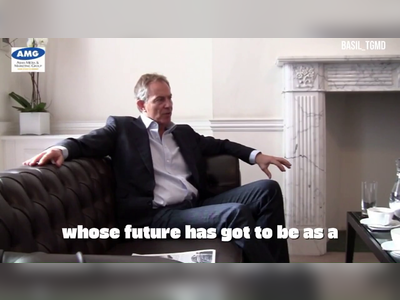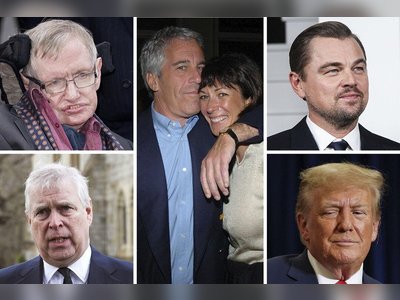
Trump Maintains Firm Stance on Tariffs Amid Global Trade Tensions
Over 50 countries reach out to negotiate tariff reductions as U.S. imposes new duties
On April 6, 2025, President Donald Trump reiterated his uncompromising position on tariffs imposed on international imports, amidst significant fluctuations in global markets.
Treasury Secretary Scott Bessent announced on NBC that more than 50 countries had contacted the White House to negotiate reductions in customs barriers and to address currency manipulation.
In response to what he described as economic 'theft' by the United States' trading partners, Trump instituted a universal 10% tariff on all imported goods, which took effect on April 5. This rate is set to increase on April 10 for numerous major trading partners, including the European Union, which will face a 20% tariff, and China, where duties are expected to rise to 34%.
Trump articulated his views through social media, claiming that the U.S. faces massive trade deficits with several nations, particularly China and the EU, asserting that tariffs would generate billions for the U.S. economy.
Bessent expressed cautious optimism regarding the credibility of offers from foreign partners for negotiation, acknowledging a long history of trade practices that need addressing before any agreements could be made.
In retaliation, the Chinese government swiftly announced its own tariffs on U.S. goods, and European leaders intensified diplomatic engagement over the weekend in anticipation of a forthcoming meeting in Luxembourg, aimed at forming a cohesive European response to U.S. tariff policies.
British Prime Minister Keir Starmer commented on the shifting global trade landscape, stating, "The world as we knew it has disappeared."
On the New York Stock Exchange, financial futures suggested a continuation of market declines in the wake of Trump's tariff announcements.
To mitigate concerns over the stock market's reaction, Trump acknowledged that sometimes 'a treatment is necessary to get well,' underscoring the administration's belief in the long-term benefits of tariffs.
Israeli Prime Minister Benjamin Netanyahu is scheduled to meet Trump in Washington for discussions that will include a proposed 17% tariff on goods imported from Israel.
Additionally, Vietnam's top official called for a postponement of a planned 46% tariff on Vietnamese exports to the U.S., citing the need for a 45-day delay to facilitate negotiations.
Bessent warned that discussions regarding tariffs are complex and could take months to resolve, while senior White House economic advisor Kevin Hassett noted that countries seeking negotiations recognize the adverse impact of tariffs on their economies.
He dismissed concerns that U.S. consumers would significantly feel the burden of these tariffs, although some economists anticipate that imported goods will lead to increased inflation and decreased consumer spending.
When questioned about the absence of sanctions against Russia in the tariff agenda, Hassett referenced ongoing negotiations related to the conflict in Ukraine, suggesting that the two issues should remain separate.
The White House previously stated that countries like North Korea and Russia are not subject to the new tariffs due to existing U.S. sanctions that already inhibit substantial trade.
Treasury Secretary Scott Bessent announced on NBC that more than 50 countries had contacted the White House to negotiate reductions in customs barriers and to address currency manipulation.
In response to what he described as economic 'theft' by the United States' trading partners, Trump instituted a universal 10% tariff on all imported goods, which took effect on April 5. This rate is set to increase on April 10 for numerous major trading partners, including the European Union, which will face a 20% tariff, and China, where duties are expected to rise to 34%.
Trump articulated his views through social media, claiming that the U.S. faces massive trade deficits with several nations, particularly China and the EU, asserting that tariffs would generate billions for the U.S. economy.
Bessent expressed cautious optimism regarding the credibility of offers from foreign partners for negotiation, acknowledging a long history of trade practices that need addressing before any agreements could be made.
In retaliation, the Chinese government swiftly announced its own tariffs on U.S. goods, and European leaders intensified diplomatic engagement over the weekend in anticipation of a forthcoming meeting in Luxembourg, aimed at forming a cohesive European response to U.S. tariff policies.
British Prime Minister Keir Starmer commented on the shifting global trade landscape, stating, "The world as we knew it has disappeared."
On the New York Stock Exchange, financial futures suggested a continuation of market declines in the wake of Trump's tariff announcements.
To mitigate concerns over the stock market's reaction, Trump acknowledged that sometimes 'a treatment is necessary to get well,' underscoring the administration's belief in the long-term benefits of tariffs.
Israeli Prime Minister Benjamin Netanyahu is scheduled to meet Trump in Washington for discussions that will include a proposed 17% tariff on goods imported from Israel.
Additionally, Vietnam's top official called for a postponement of a planned 46% tariff on Vietnamese exports to the U.S., citing the need for a 45-day delay to facilitate negotiations.
Bessent warned that discussions regarding tariffs are complex and could take months to resolve, while senior White House economic advisor Kevin Hassett noted that countries seeking negotiations recognize the adverse impact of tariffs on their economies.
He dismissed concerns that U.S. consumers would significantly feel the burden of these tariffs, although some economists anticipate that imported goods will lead to increased inflation and decreased consumer spending.
When questioned about the absence of sanctions against Russia in the tariff agenda, Hassett referenced ongoing negotiations related to the conflict in Ukraine, suggesting that the two issues should remain separate.
The White House previously stated that countries like North Korea and Russia are not subject to the new tariffs due to existing U.S. sanctions that already inhibit substantial trade.


